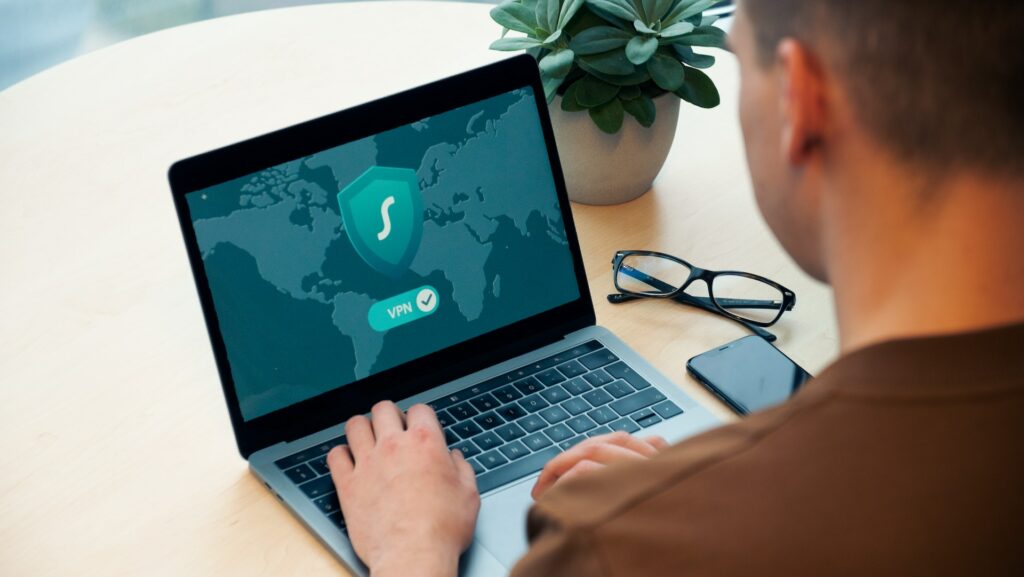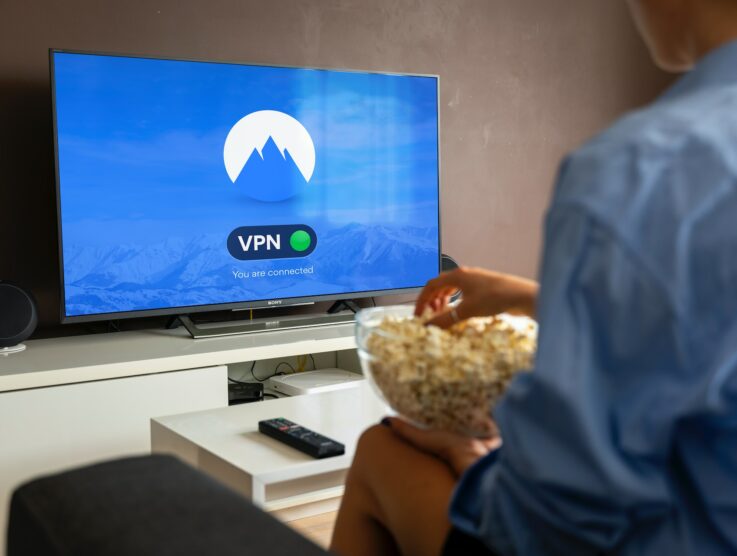
In the realm of online security, the adage ‘you get what you pay for’ often rings true. Although the prospect of a free Virtual Private Network (VPN) may seem enticing, are these services truly risk-free, or could they be more costly than their paid counterparts? Let’s delve into a comprehensive analysis of free VPNs and the potential risks they present.
Data Limits and Speed Restrictions
Most free VPNs impose restrictions on data usage and offer slower connection speeds. These limitations can lead to a frustrating user experience, especially for those who wish to stream content or download large files. While these constraints might not pose immediate security risks, they do limit the functionality and convenience of the VPN service.
Privacy Concerns
The primary purpose of a VPN is to ensure privacy and anonymity online. However, many free VPNs fall short of this standard. Instead of charging users, some free VPN providers generate revenue by tracking user activities and selling that data to third-party advertisers. This practice negates the purpose of using a VPN for privacy and can expose sensitive information.
Inadequate Security
Free VPNs often lack robust security measures found in paid counterparts. Weak encryption, outdated protocols, and lack of a kill switch feature could leave your data vulnerable to interceptions. In worst-case scenarios, some free VPNs have been found to contain malware, putting your devices and data at risk.
Limited Server Options
Free VPNs usually offer fewer server options than paid VPNs, often leading to overcrowded servers and slower speeds. Limited server locations can also restrict your ability to bypass geographical content restrictions.
Ads and Pop-ups
Many free VPNs support their service through advertising. These frequent interruptions not only degrade the user experience but can also pose security risks, especially if the ads contain malicious links or software.
Customer Support
Free VPNs often lack dedicated customer support, which can be problematic if you encounter issues or have security concerns.
False Sense of Security
Perhaps the most dangerous risk is the false sense of security that a free VPN might provide. Users might engage in activities believing they’re protected when, in fact, their data could be exposed or even sold to the highest bidder.
While free VPNs may seem appealing due to their zero-cost factor, they often come with potential risks that can undermine the primary reasons for using a VPN—privacy, security, and freedom online. As such, it’s worth considering investing in a reputable paid VPN service that’s transparent about its security measures, privacy policies, and revenue model. Remember, when it comes to online security, the cheapest option is not always the safest.










